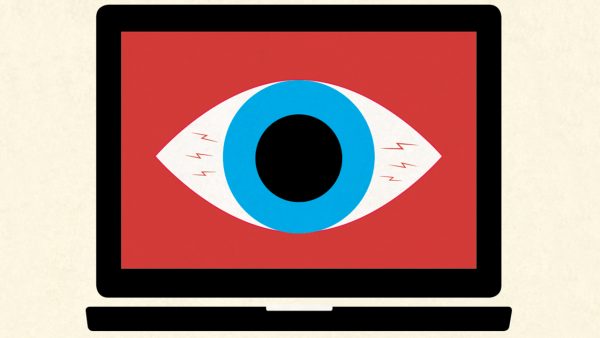
Thanks to George Orwell and his infamous “1984,” we have been paranoid for decades, convinced Big Brother will eventually control our lives and strip us of our freedom.
In Orwell’s tome, the government watches your every move and even listens to your every conversation – maybe even helped by Alexa as some uninformed individual’s insist. What’s next? The Fortune 1,000 moves in to garner your personal data? Or does this terror stem from a much more basic fear: “The more my information is out there and not under my control, the easier it will be to steal my identity and/or my money”? What are we afraid of?
A fall 2016 survey by The Chartered Institute of Marketing (CIM) started out with the assumption that consumers were informed and merely in need of having the terms and conditions of handling their personal data articulated more clearly. In fact, the study revealed that “people are in the dark about data and scared of being spammed or scammed … Some 92% of respondents did not fully understand how information that companies gleaned about them was being used, and they were highly skeptical about marketing practices,” Chris Daly from the Institute says. “Fear of data breaches and misuse has them on high alert.” Ignorance is a major factor in fear.
Ironically, most of the companies collecting data about you are trying to give you a better, more meaningful and more productive relationship with their brands. By tapping into your purchase habits and preferences, they can customize their outreach to hone in on products/services that are more relevant to you, thus saving your time and their money. Consumers want the convenience and personalization that sharing their data with a company provides. As Ben LeDonni says in a recent Forbes article, “We can’t say, ‘I want my technology personalized to me, but I don’t want companies to know too much about me.’” LeDonni urges consumers to “read the privacy policy carefully, and make sure you’re comfortable … if the company does not have a privacy policy … do not give them anything.”
Companies have been selling their mailing lists for decades, but the paranoia has now reached new heights. In truth, we have seen some mega-breaches from companies that were expected to protect us – Target, Uber and Facebook, to name a few. And, of course, there are careless breaches in companies that collect your data without your permission or knowledge, like Equifax. Based on the CIM study, we can assume that the advent of technology and the dangers implied has ramped up consumer fear and made most of us feel unacceptably vulnerable.
When The Harvard Gazette asked cybersecurity expert Bruce Schneier about the pervasiveness of corporate surveillance, he responded, “Surveillance is the business model of the internet. Everyone is under constant surveillance by many companies … We’re the product, not the customer.” Schneier bluntly states in a Money article, “You can’t do anything. That’s the fundamental problem with this.”
The European Union has taken a lead in curtailing rampant data collection with their creation of the General Data Protection Regulation, or GDPR, to protect citizens from companies trying to obtain too much of their personal information. But what is too much? A lot depends on interpretation, implementation and enforcement, according to Human Rights Watch. GDPR is complicated, and likely a nightmare to administer.
Right now, our best bet is to follow cybersecurity guidelines. It’s not perfect, but it’s all we’ve got. So even though it’s a huge pain, we should utilize different and complex passwords for everything, and use two-factor authentication when we are able. And be cautious about signing away our privacy rights.



